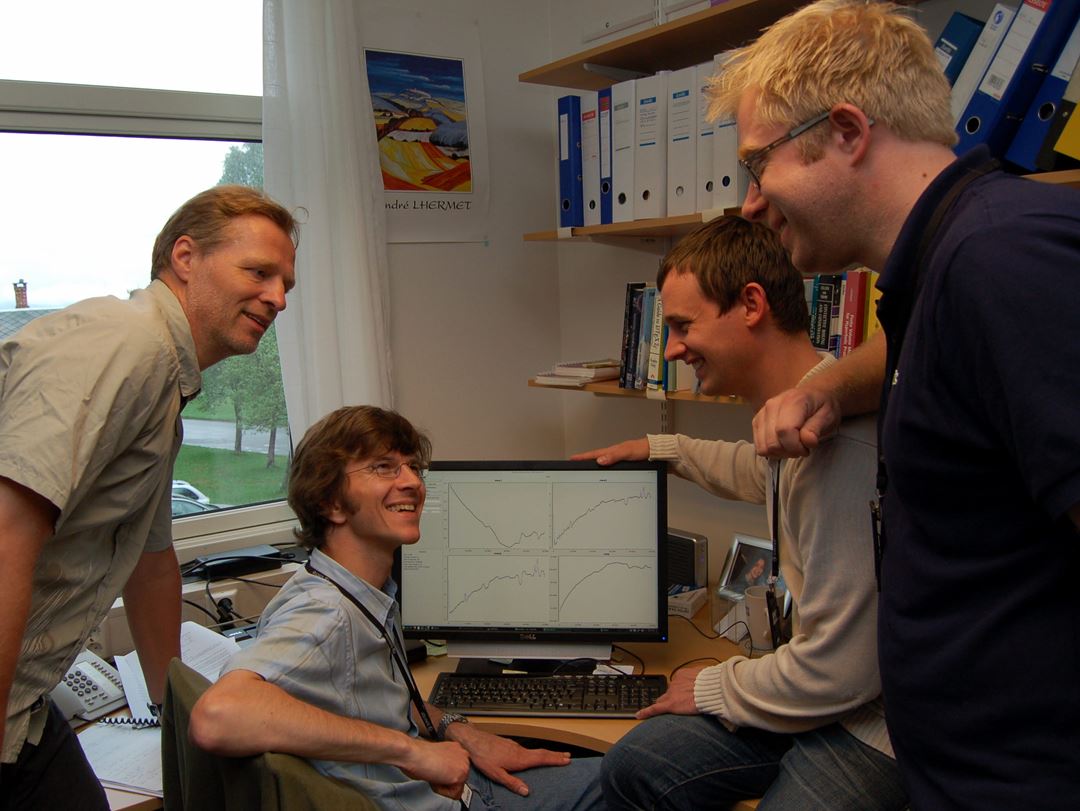
IMPACTS - The impact of the quality of CO2 on transport and storage behaviour
Objectives
The objective of IMPACTS is to develop the CO2 quality knowledge base required for defining norms and regulations to ensure safe and reliable design, construction and operation of CO2 pipelines and injection equipment, and safe long-term geological storage of CO2. By this, IMPACTS support the objectives of the Innovation Union and contributes to the implementation of large-scale CCS and the competitiveness of the European CCS industry.
The following S&T objectives will be pursued in IMPACTS:
- To quantify fundamental properties of relevant CO2 mixtures, including phase behaviour, thermodynamics, fluid flow and chemical reactions.
This will be pursued through pre-normative research in collection of existing data, experimental work and modeling. A sequential approach between experimental and modeling work will be employed to improve the understanding of the effects of impurities at a local scale and to upscale these impacts from laboratory to field scale. - To reveal the impacts of relevant impurities in the CO2 stream on the design and operation of the transport and storage infrastructure through techno-economic assessments.
This will take into account pressure drops, flow capacity and possible blockage, increased compressor work, material degradation, miscibility and storage capacity as well as safety issues. - To derive CO2 quality issues while considering integrity of the whole CCS chain.
- To provide recommendations for optimized CO2 quality on a case-by-case basis in the form of tolerance levels, mixing protocols and material selection which are seen relevant for large-scale deployment of CCS, abating CO2 from power plants and other CO2-intensive industries.
- To build knowledge critical for implementation of optimized safe and cost-efficient transport and storage of CO2 strengthening the competence within industry, academia and regulatory bodies.
- To disseminate IMPACTS results externally at international conferences and internally at annual seminars.
- To pursue innovation and uptake of results in the industry by close integration of vendors, standardisation bodies and end-users in the project.
